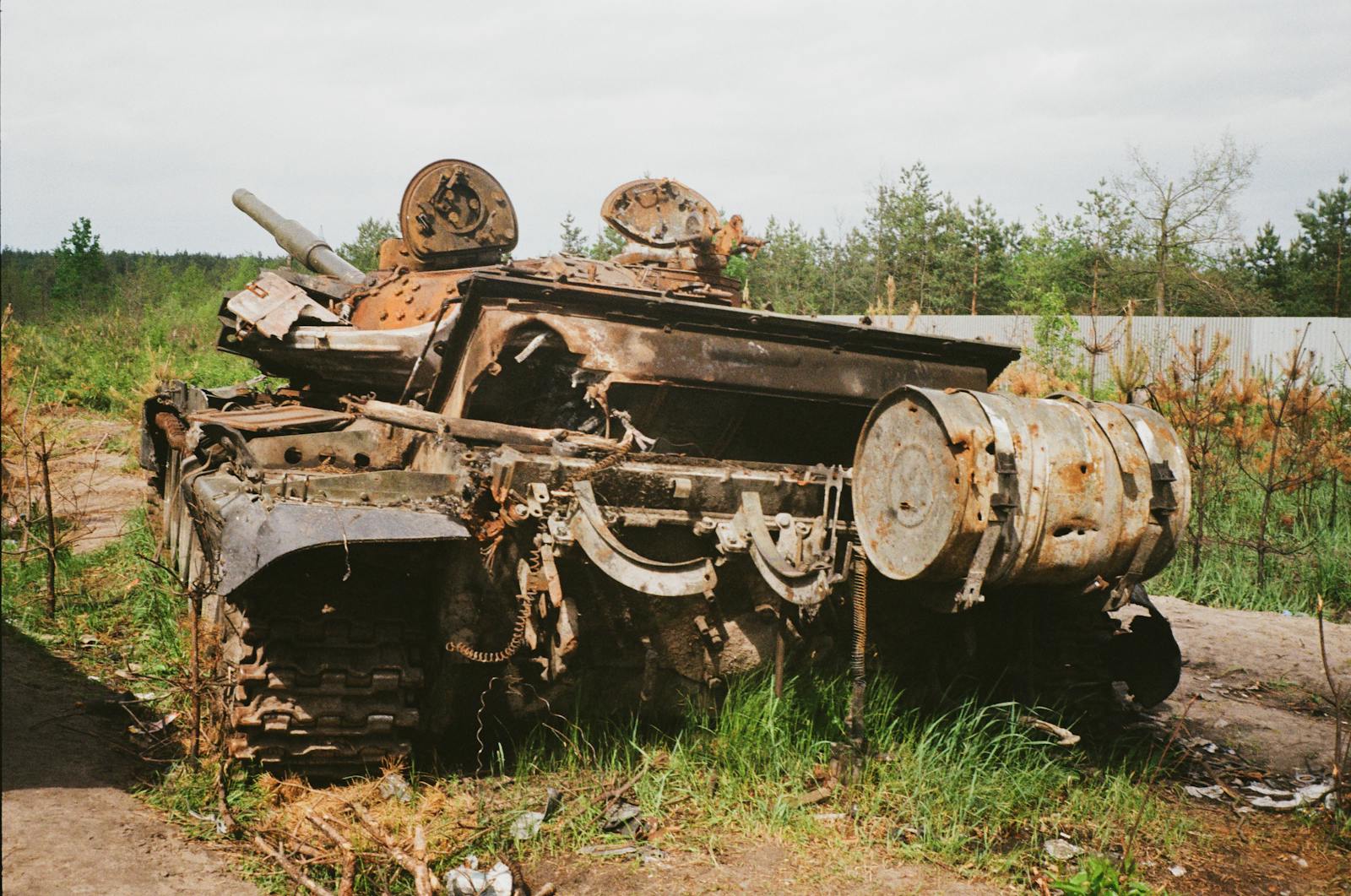
Diplomatic attempts to achieve a sustainable peace in the complicated and ongoing Ukraine-Russia conflict are stuck in a depressing standstill. Despite bold statements and high-level interventions, entrenched positions and the harsh realities on the battlefield seem to be obstructing the path to a resolution. Both seasoned officials and observers have expressed deep skepticism toward a recent push by U.S. President Donald Trump to expedite peace talks, highlighting the profound challenges involved in bridging such a significant geopolitical chasm.
Aiming for a resolution by August 8, President Trump significantly shortened the original 50-day deadline for Russian President Vladimir Putin to negotiate an end to the war in Ukraine. Many saw this expedited timeline, which was first declared on July 28 as “10 or 12 days from today,” as a strategic pressure tactic rather than a workable plan for significant advancement. Despite the possibility of further sanctions, experts agree that significant progress is unlikely to be made in such circumstances.
This skepticism was summed up by former Lithuanian ambassador to Russia Eitvydas Bajarunas, who said, “The structural realities of this war make meaningful peace talks or even cease-fire nearly impossible in the short-term.” “Putin’s strategic goals remain unchanged … [and] his ambitions are incompatible with any real compromise,” he added. Bajarunas proposed that any progress toward peace by the updated deadline would be “performative at best,” reliant on “battlefield shifts” rather than diplomatic gestures.
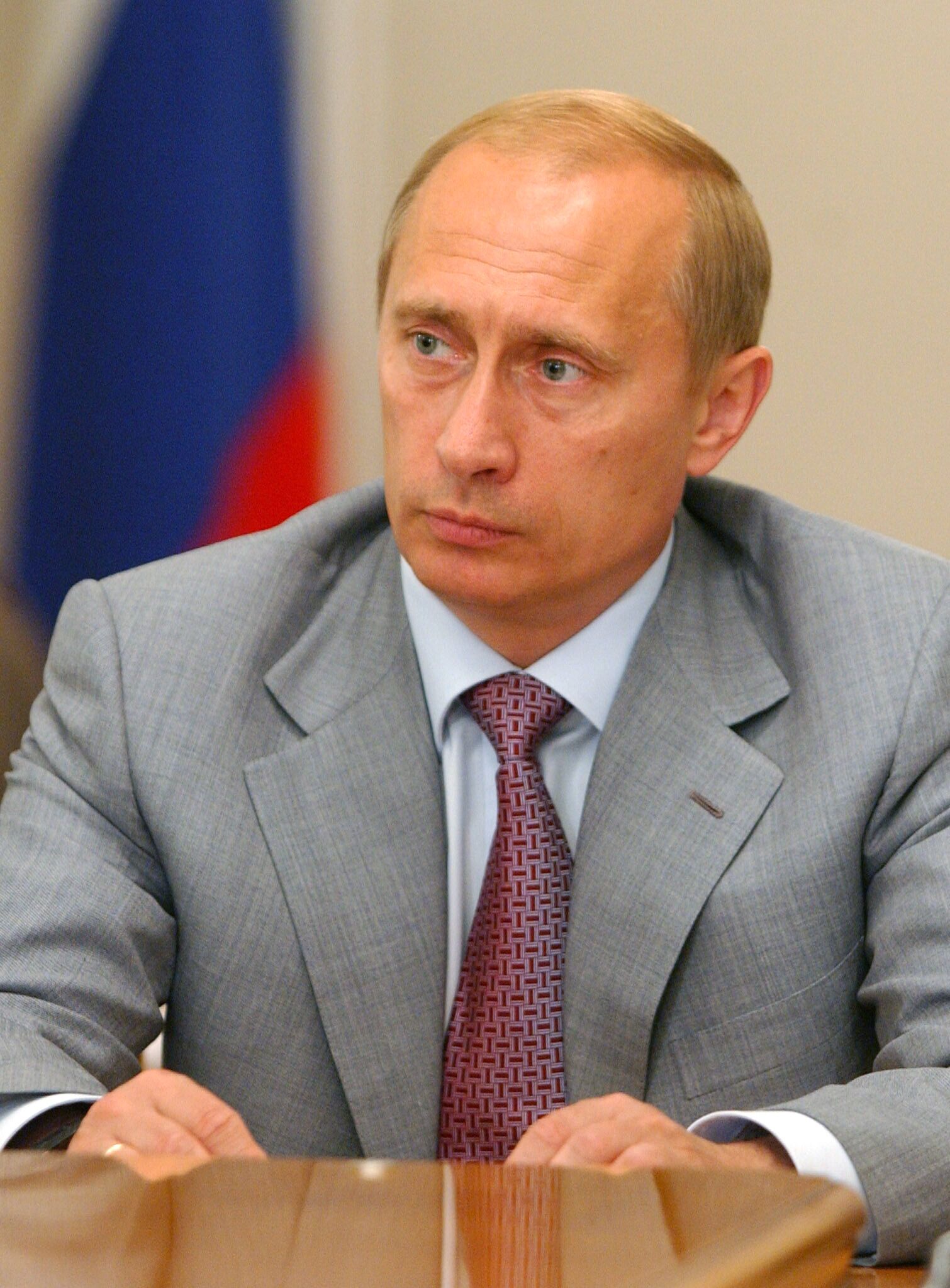
Maria Snegovaya, a senior fellow for Russia and Eurasia at the Center for Strategic and International Studies, echoed this gloomy assessment, calling it “very low” that a ceasefire agreement would be reached by the new deadline. She clarified that, crucially, “the Kremlin is dismissive of the threat of new U.S. sanctions and reportedly confident in military victory,” and that “Putin shows no signs of abandoning his core objectives in Ukraine.” Any attempt at a negotiated settlement is severely hampered by this ingrained belief in Moscow.
As demonstrated by a three-day ceasefire in May that Ukraine’s foreign minister claimed Russia broke just hours after it started, previous attempts at de-escalation have also encountered immediate difficulties. Although there have been rumors that Moscow may temporarily halt drone and missile strikes, Snegovaya pointed out that this would largely be done to relieve pressure from possible U.S. sanctions rather than to indicate a real change in military operations, with ground operations anticipated to continue as usual.
In light of this diplomatic annoyance, the Trump administration has hinted at a powerful economic tool: the imposition of sizable secondary tariffs on Russia’s top trading partners in the event that Moscow does not agree. In an effort to cut off vital funding for its vast war machine, this calculated move seeks to significantly curtail international economic ties with the Kremlin. The goal is very clear: to use as much financial pressure as possible to force Russia to alter its military posture.
Read more about: Diplomatic Divides: Gaps Emerge in U.S. and Russian Positions Ahead of Potential Trump-Putin Summit
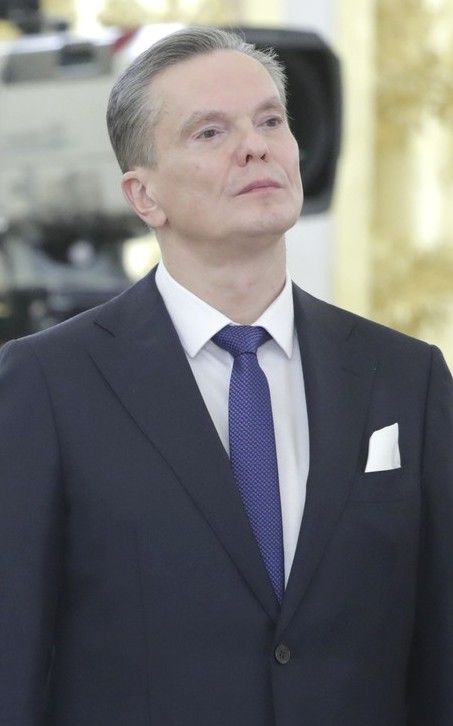
According to analysis from Bajarunas, four distinct nations find themselves squarely in the crosshairs of this potential economic escalation: India, China, Turkey, and the United Arab Emirates. Each of these countries maintains economic relationships with Russia that the United States views as contributing, directly or indirectly, to the sustainment of the conflict in Ukraine.
India, despite already facing 25% tariffs on its goods from the U.S., could experience even harsher economic penalties if its substantial purchases of Russian oil persist. Snegovaya suggested that should these secondary tariffs be imposed, “India is more likely to respond by partially shifting to alternative oil suppliers.” While this action would undoubtedly hurt Moscow in the immediate term, Snegovaya cautioned that it could inadvertently lead Russia to deepen its oil ties with China or intensify efforts to circumvent existing sanctions, creating new challenges.
China, another key focus, is already subject to average American tariffs of nearly 55% on all goods, as reported by the Peterson Institute for International Economics. Ukrainian intelligence officials have consistently maintained over recent months that Beijing has been providing various products to Russian military plants, raising concerns about its role in supporting Moscow’s war efforts. Additional sanctions on Chinese merchandise, according to Bajarunas, could be “framed as both economic leverage and national security protection.” However, Snegovaya posited that the existing, high tariffs on China might diminish the likelihood or impact of imposing further punitive measures, suggesting diminishing returns.
Regarding Turkey and the United Arab Emirates, both nations have been identified by Bajarunas as “intermediaries in Russia’s sanctions evasion networks,” playing a critical role in helping Moscow bypass Western restrictions. Washington’s strategy concerning these countries may involve targeting specific, vital infrastructure or institutions, such as key ports, major shipping companies, or influential banks. Such targeted measures aim to disrupt the logistical and financial arteries Moscow uses to circumvent sanctions, thereby increasing the cost of its ongoing aggression.
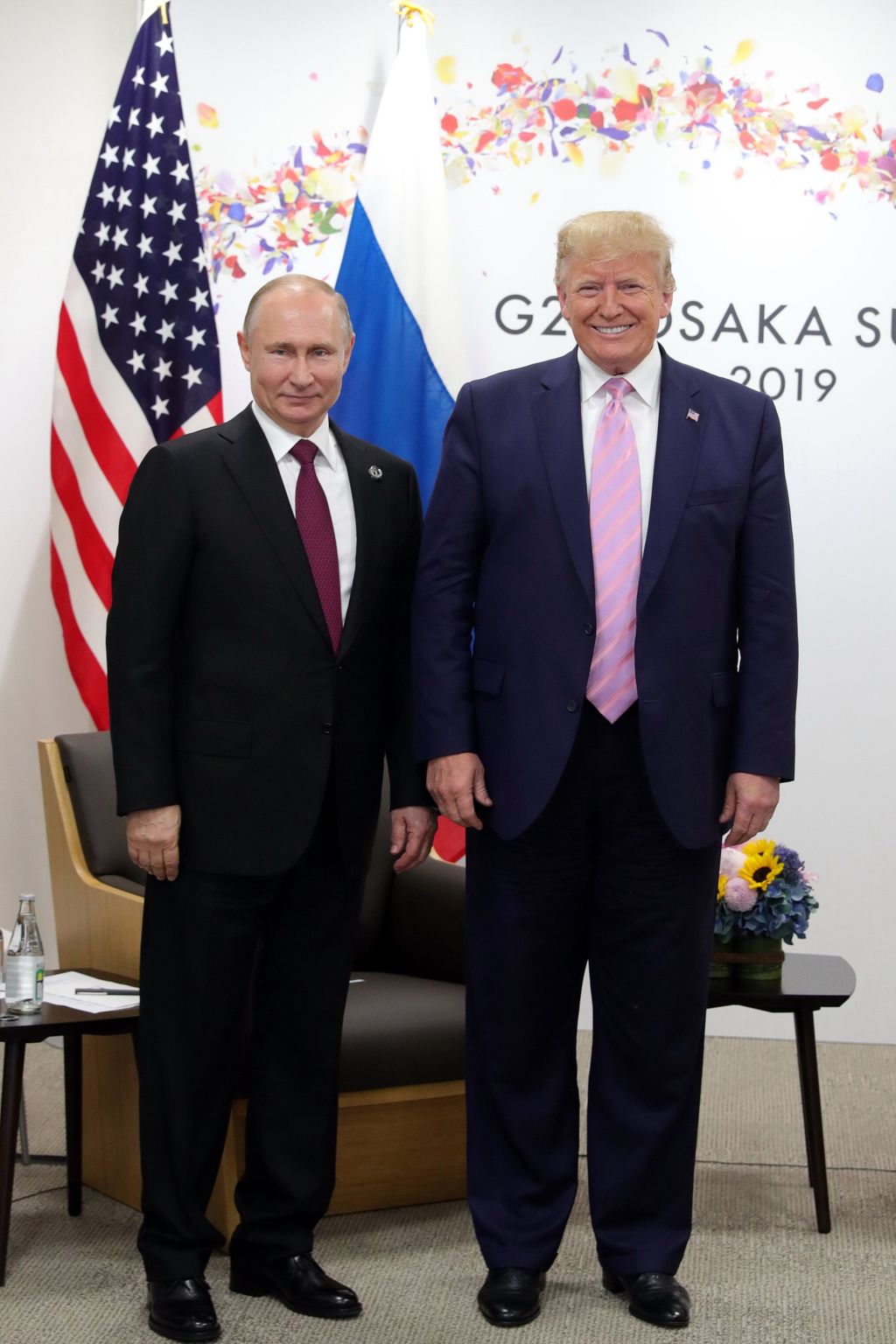
Recent diplomatic efforts have produced few concrete outcomes, despite the rising rhetoric and impending economic dangers. The three-year-old conflict has not been significantly stopped despite direct talks between Russian and Ukrainian delegations in Istanbul on Friday and a phone conversation between U.S. President Donald Trump and Russian President Vladimir Putin on Monday. The lack of noticeable advancement highlights the significant obstacles to a peaceful conclusion.
President Putin did promise President Trump that Russia was “ready to work with” Ukraine on a “memorandum” that would lay out the parameters of “a possible future peace treaty” during their conversation. However, analysts, such as Carnegie Russia Eurasia Center’s Tatiana Stanovaya, swiftly saw this gesture as a calculated ploy. There is a recurring pattern of obfuscation, as she noted on X: “It seems that Putin has found a way to offer Trump an interim, tangible outcome from Washington’s peace efforts without making any real concessions.
Ukraine’s position was firmly stated by President Volodymyr Zelenskyy in Kyiv, who said on his Telegram channel that “it is obvious that Russia is trying to buy time to continue the war and occupation.” “We are working with partners to put pressure on the Russians to behave differently,” he said, reaffirming Ukraine’s continued commitment to cooperative efforts with foreign partners. This demonstrates Ukraine’s steadfast determination to bring about significant change in Russia’s actions.
Mykhailo Podoliak, a senior adviser to President Zelenskyy, echoed the sentiment in Kyiv about any immediate change in the dynamics of the conflict when he wrote on social media platform X on Tuesday: “The status quo has not changed.” Following a night of fierce Russian aggression, the Ukrainian air force reported that 108 Shahed and decoy drones were launched, including one that tragically dropped explosives on a passenger bus in the Kherson region’s Dniprovskyi district, injuring two civilians.
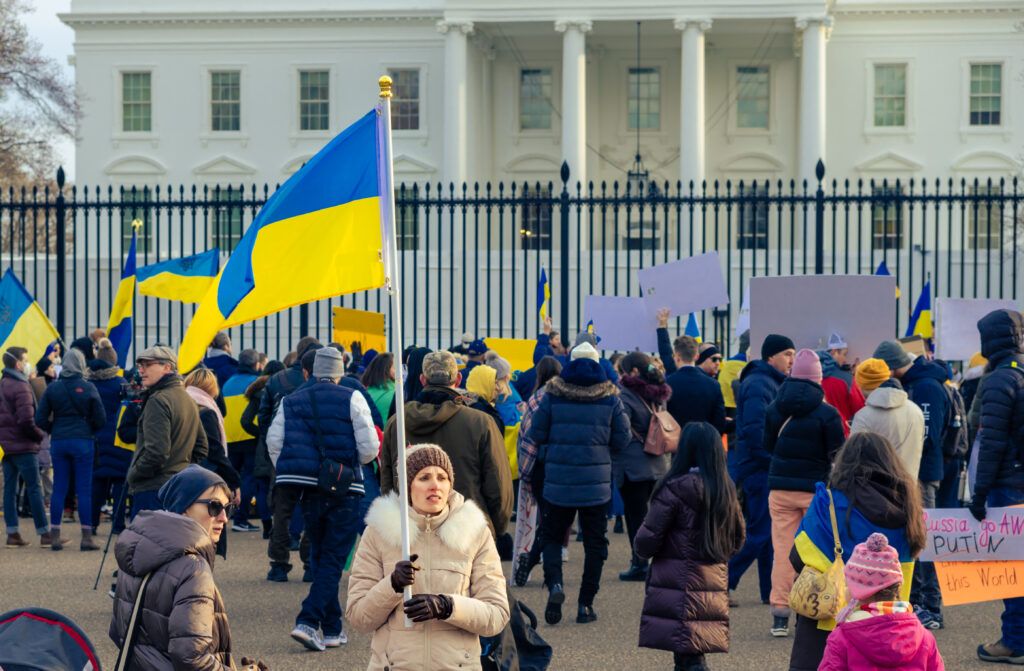
Ukraine’s European allies have acted decisively amid the diplomatic wrangling. Following the fruitless phone conversation between Presidents Trump and Putin, Kyiv’s allies unilaterally imposed a fresh set of sanctions on Moscow on Tuesday. These actions demonstrate a determination to raise the financial price of Russia’s aggression and a growing dissatisfaction with its alleged unwillingness to actually participate in peace initiatives.
Nearly 200 ships that were identified as belonging to Russia’s “shadow fleet,” which has been illegally transporting oil to get around Western restrictions, were specifically targeted by the new European Union sanctions. These sanctions also included travel bans and asset freezes on a number of Russian officials and businesses thought to be crucial in bolstering the Kremlin’s war economy. According to Ukrainian officials, about 500 aging ships—many of whose ownership is unknown—are deliberately evading sanctions in order to keep vital oil revenues flowing to Moscow.
The United Kingdom also announced 100 new sanctions targeting the shadow fleet and attempts to disrupt Russian weapons supply chains, further highlighting the coordinated international response. Putin’s latest strikes once again show his true colors as a warmonger,” British Foreign Secretary David Lammy said, emphasizing the ongoing brutality of the conflict and categorically denouncing Moscow’s actions.
Read more about: Diplomatic Crossroads: Putin’s Ceasefire Offers Meet Skepticism Amid Intensifying Global Debate on Ukraine’s Future
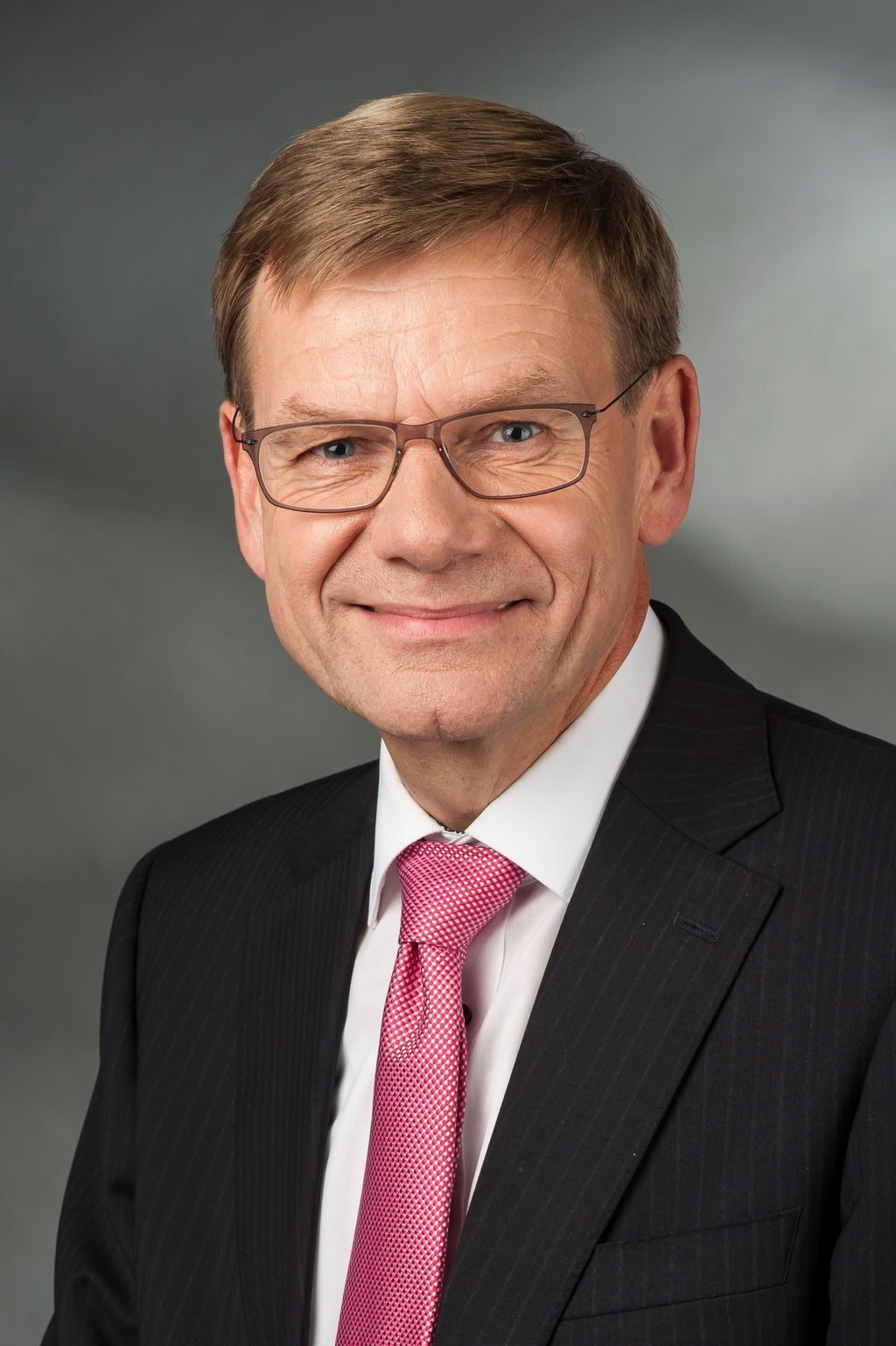
From a European standpoint, doubts remain about Russia’s sincere desire to de-escalate. In announcing the sanctions, German Foreign Minister Johann Wadephul said, “We have repeatedly stated that we only demand one thing from Russia at this time: a ceasefire, unconditional and immediate.” He was disappointed that Russia had not yet made this “decisive step,” implying that more responses would be required.
Hanno Pevkur, the defense minister for Estonia, echoed this sentiment from Brussels, saying, “Putin has never changed his position.” In reality, Russia has no intention of ending this conflict. We really haven’t seen, you know, the pressure on Russia from these talks,” said EU foreign policy chief Kaja Kallas, echoing the call for the impending U.S. sanctions to be implemented and highlighting the alleged futility of current diplomatic efforts.
Russian news outlets mainly used a triumphal tone when covering President Putin’s meeting with President Trump, which stands in sharp contrast to the increasing pressure from the West and Ukraine’s appeals. With the headline, “Europe’s hopes crushed: Trump refuses to go to war with Putin,” state news agency RIA Novosti reported a story about Russian diplomatic success and Western division.
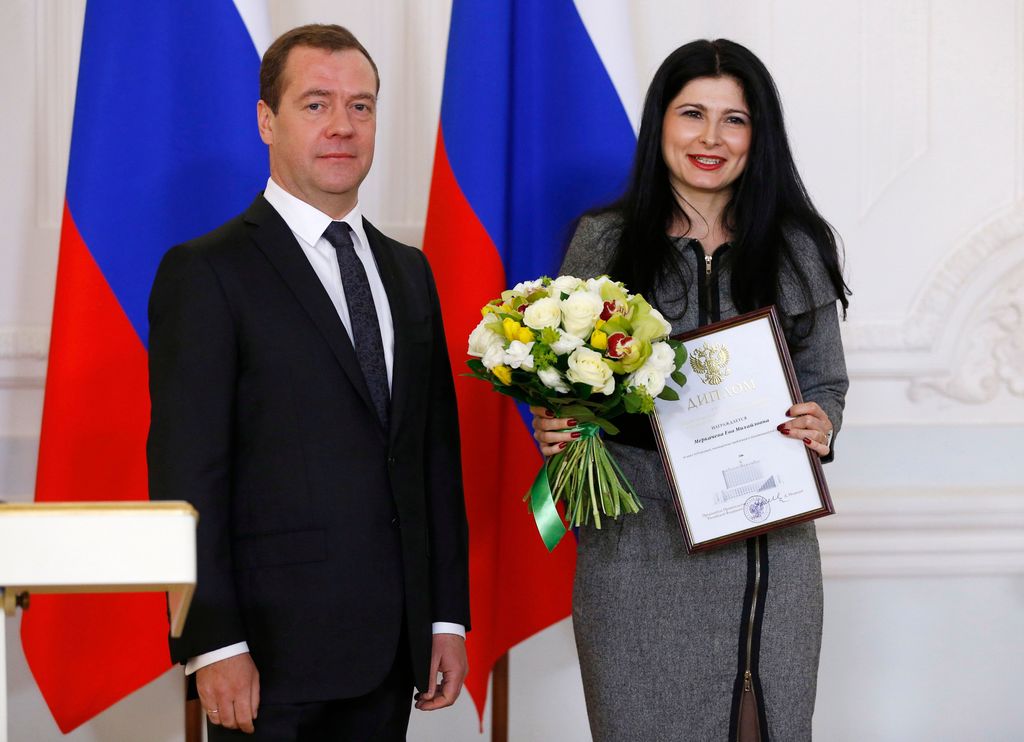
Mikhail Rostovsky, a columnist for the pro-Kremlin tabloid Moskovsky Komsomolets, further amplified this perspective, portraying the call as a significant setback for Ukraine’s European allies. He wrote, “Kyiv will agree to a serious, fully fledged conversation with Russia only if it has no other options left. Trump is gradually cutting off these other options for Zelenskyy. And this is very, very good.” This commentary suggests a Russian strategy of isolating Ukraine diplomatically.
Dmitry Medvedev, the former Russian president and prime minister now serving as the deputy chairman of the country’s Security Council, offered an even more assertive and unyielding interpretation of the ongoing negotiations. He wrote on Telegram that the talks “are not meant to achieve a compromise peace based on some imaginary and unrealistic conditions invented by others, but rather to secure our swift victory and the complete destruction” of President Zelenskyy’s government, revealing Moscow’s maximalist goals.
Public sentiment in Kyiv, shaped by the brutal realities of the war, largely mirrors the official skepticism regarding Russian intentions. Svitlana Kyryliuk, a 66-year-old resident, starkly observed, “Peace is not possible now. Only when (the Russians) run out of resources and army manpower. They are ready to fight, at least for this summer.” She concluded that Putin would merely “stall for time, and that’s it,” reflecting a deep weariness and distrust.

Volodymyr Lysytsia, a 45-year-old serviceman undergoing rehabilitation in the capital, painted a grim picture of the frontline, describing it as a “wasteland, with nothing there, only scorched earth, everything bombed.” Such firsthand accounts underscore the profound human cost of the conflict and the immense gap between diplomatic overtures and the devastating ground reality.
Adding another layer of complexity to the diplomatic landscape, President Trump revealed on Wednesday that he had spoken with Russian President Putin, characterizing their call as “good” but cautioning that it was “not a conversation that will lead to immediate Peace.” The leaders reportedly discussed Ukraine’s large-scale drone operation that targeted Russian military airfields on Sunday, among “various other attacks.”
During this recent exchange, President Putin reportedly stated, “and very strongly, that he will have to respond to the recent attack on the airfields.” This assertion, coupled with a U.S. official’s belief that Russia is preparing for likely retaliation against Ukraine, signals a dangerous escalation. Putin’s presidential aide Yuri Ushakov confirmed that the leaders “touched upon” the strikes and that Trump “confirmed again that the Americans were not informed about this in advance,” yet both leaders emphasized the exchange of views as “positive and very productive.”
With U.S.-brokered Ukraine-Russia peace talks continuing to flounder, despite another round of negotiations in Istanbul, Kyiv has intensified its pressure on the Trump administration. President Zelenskyy and his top officials are advocating for increased costs on what they perceive as Russian obstruction. Zelenskyy, who had previously aligned with Trump’s May appeal for a full 30-day ceasefire (a proposal Putin has refused), has consistently pushed for strong sanctions in response to Russia’s obstinance.
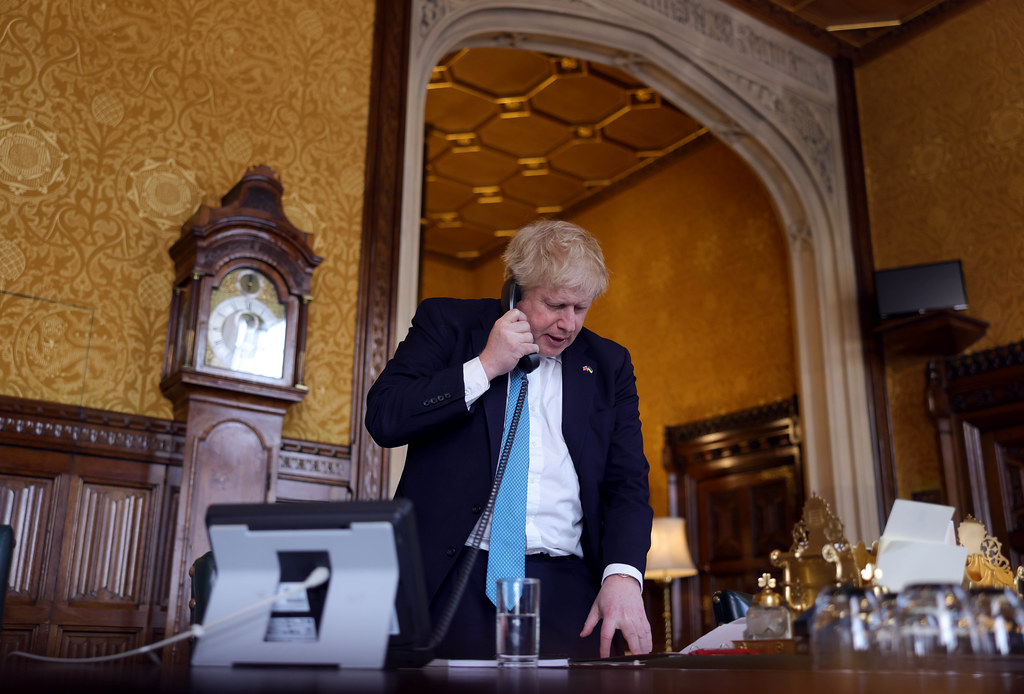
Following the recent Istanbul talks, which lasted just over an hour, Kyiv embarked on a renewed push for international support. President Zelenskyy expressed gratitude to those supporting the strategy of pressuring Russia, stating on Telegram, “Putin does not change his behavior when he does not fear the consequences of his actions. Russia must feel what war truly means. Russia must bear the losses from the war. They must really feel that continuing the war will have devastating consequences for them.”
Andriy Yermak, the influential head of President Zelenskyy’s presidential office, communicated Ukraine’s frustration directly to Trump’s Special Envoy Steve Witkoff, stating, “Russia’s position remains unconstructive.” Yermak further emphasized that “Russia is stalling and manipulating the negotiation process in an attempt to avoid American sanctions and has no genuine intention of ceasing hostilities.” He concluded that “Only strong sanctions can compel Russia to engage in serious negotiations.”
Ukrainian Foreign Minister Andrii Sybiha echoed this assessment on X, noting that Russia “has not responded to our document outlining Ukraine’s vision for ending the war.” Instead, he lamented, “the Russian side passed a set of old ultimatums that do not move the situation any closer to true peace.” Sybiha highlighted this as a contradiction to Russia’s previous promises, including to the United States, that it would offer realistic proposals in Istanbul, reinforcing the urgent call for new U.S. sanctions.
Read more about: A Deep Divide: Russia’s Unchanging Stance on Land Control Leaves Ukraine Peace Prospects Bleak
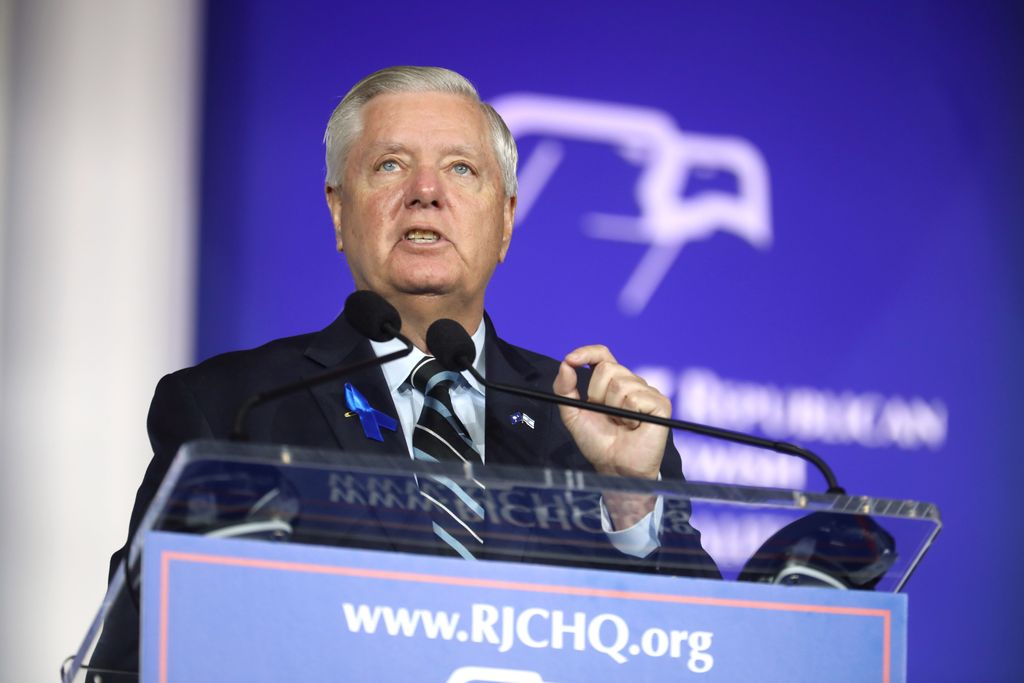
Pressure for more robust measures is also building within the United States. Republican Senator Lindsey Graham, a key figure in advising the president’s foreign policy, is actively pushing a sanctions bill through the Senate. This proposed legislation would impose a staggering 500% tariffs on any country that continues to purchase Moscow’s energy products, reflecting a bipartisan effort to financially cripple Russia’s war machine.
After a visit to Kyiv with Democratic Senator Richard Blumenthal, Senator Graham posted on X, “Russia indiscriminately kills men, women and children. It’s time for the world to act decisively against Russia’s aggression by holding China and others accountable for buying cheap Russian oil that props up Putin’s war machine.” This call for accountability underscores the growing urgency among U.S. lawmakers to intensify economic pressure.
Conversely, the Kremlin urged patience regarding the latest discussions. Spokesperson Dmitry Peskov told reporters on Tuesday that “It would be wrong to expect any immediate decisions or breakthroughs here. But work is ongoing.” He noted that “Certain agreements were reached in Istanbul, and they are important. Indeed, first and foremost, it is about people. These agreements will be implemented,” seemingly downplaying the lack of progress on a broader peace settlement.
However, the Kerch Strait Bridge incident on Tuesday served as a stark reminder of the conflict’s volatility, with the Security Service of Ukraine (SBU) claiming responsibility for an attack that “severely damaged” the “underwater supports of the piers.” While Peskov asserted “nothing was damaged, the bridge is working,” the official account for the bridge noted it was “temporarily closed,” illustrating the ongoing nature of strategic strikes.
Read more about: Donald J. Trump: A Comprehensive Profile of the 45th and 47th U.S. President, Businessman, and Media Personality
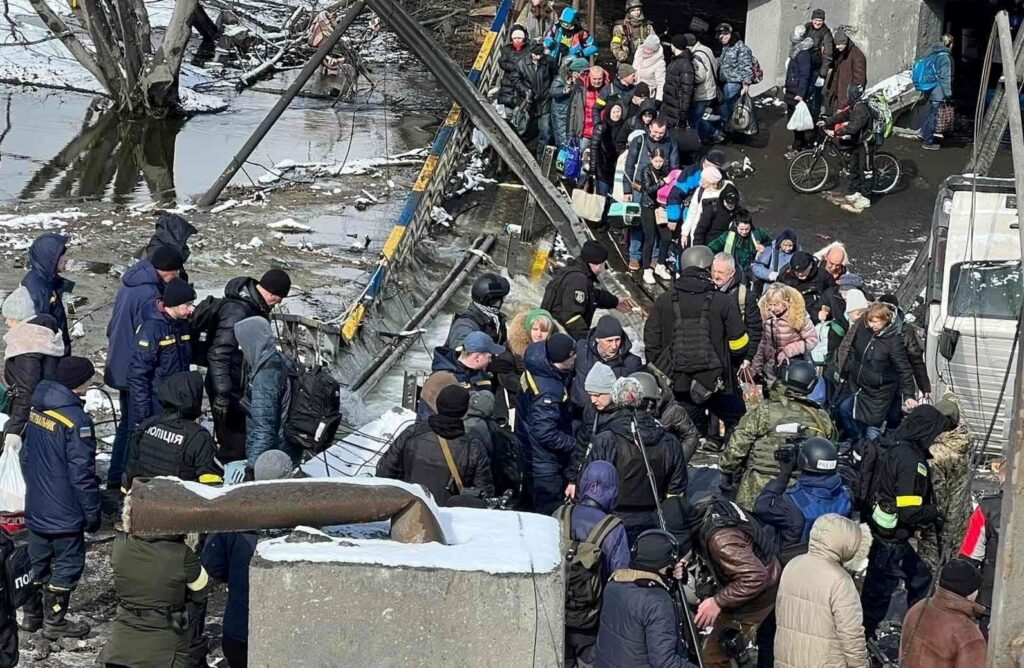
Americans were warned about the growing severity of Russian attacks in a security alert released by the U.S. Embassy in Ukraine on Wednesday. In light of the ongoing and indiscriminate nature of the hostilities, which continue to destroy Ukrainian cities and lives, it asked Americans to “exercise appropriate caution” and be ready to “shelter immediately” if an air alert is issued. The course of the conflict between Russia and Ukraine is still extremely worrisome, with diplomatic channels appearing to be blocked by a gulf of intractable demands and a general lack of confidence. The strongly held opinions and the sobering realities of everyday combat point to a drawn-out conflict despite urgent pleas and coordinated international efforts to promote peace. The constant pressures of military action and the growing financial strain on those thought to be supporting the conflict seem to define the immediate future rather than the prospect of dialogue. With the world watching as the human and geopolitical costs keep rising, the road to peace seems to be less a negotiation and more a test of attrition for the foreseeable future.



